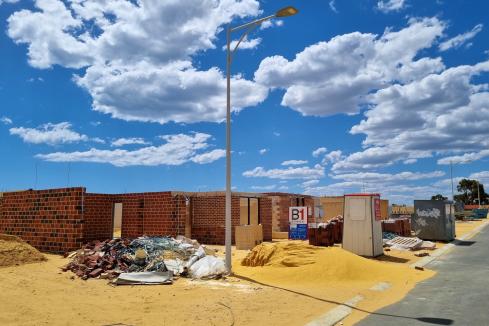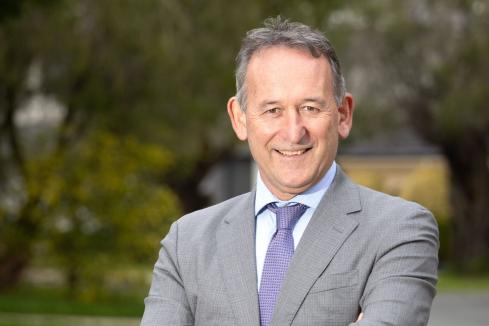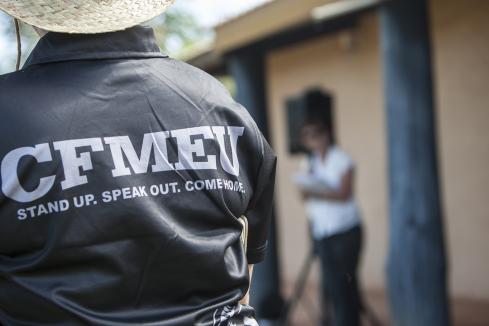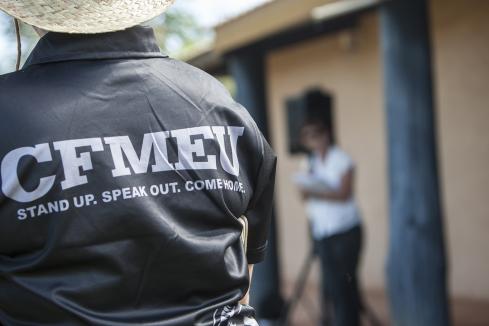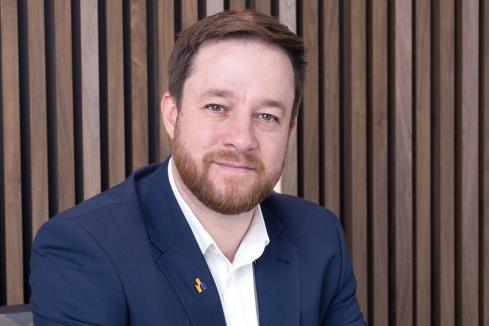
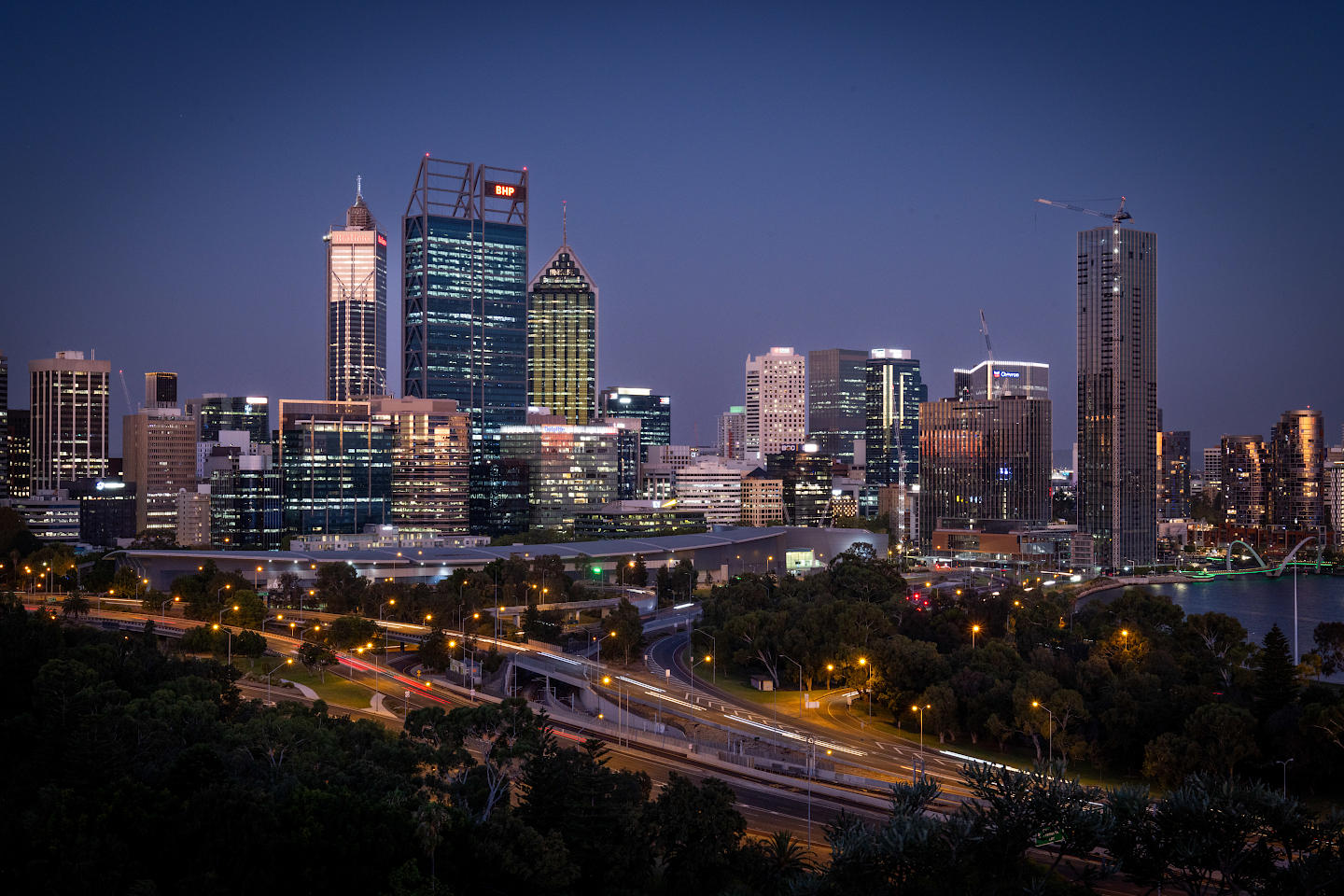
Climate action groups have hailed parliament's approval of a carbon tax, but the passage of the emissions legislation through the Senate has riled the mining and property sectors, which have questioned the design of the levy and the high price at which it will be introduced.
"At last, we can begin the long game of catchup towards more progressive international players on reducing our carbon emissions," Greenpeace spokesman Dae Levin said shortly after watching government legislation clear the Senate today.
While the vote was important, Ms Levin said, it was critical not to lose sight of what still needed to be done to protect the community from polluting industries.
"This is really just a first step," she said.
Greenpeace is urging the government to drop the $12 billion worth of subsidies provided to the fossil fuel industry.
The Australian Conservation Foundation said the new laws would make the big polluters pay.
"Industries that do want to contribute to creating a cleaner and healthier future for our children and grandchildren now have a financial incentive to find new, cleaner ways to do business," foundation chief executive Don Henry said in a statement.
The Australian Solar Energy Society said today's vote was a major step forward for the renewable energy industry.
"We are finally penalising pollution and rewarding clean energy," chief executive John Grimes said in a statement.
"This will deliver substantial investment in solar power and position Australia as a solar nation."
The Investor Group on Climate Change (IGCC), comprising industry superannuation organisations with $700 billion in funds under management, said the legislation would provide greater regulatory certainty and investment opportunity.
"Passage of these bills will provide a platform for future investment in renewable energy and low-carbon technologies," chief executive Nathan Fabian said.
"It is in the interests of investors that it remain in place to maintain a certain regulatory environment."
OxFam Australia said the government had taken a first step in helping the nation catch up to others on tackling climate change.
"The passage of this legislation is an historic shift in direction for Australia that will help build trust with other countries and momentum towards the critical United Nations Framework Convention on Climate Change negotiations in Durban, South Africa, later this month," executive director Andrew Hewett said in a statement.
In Western Australia, clean energy technology group Algae.Tec was also welcoming of the introduction of a price on carbon, saying it expected demand for its technology to be boosted by the legislation.
Algae.Tec chairman Roger Stroud said he expected the carbon scheme would deliver "unprecedented" interest in clean energy and carbon capture solutions.
"The CEF package will encourage emitting companies and industries to seek out carbon dioxide reduction technologies," Mr Stroud said in a statement.
"As an Australian listed company we are particularly proud taht Australia is now a world leader in pricing carbon and supporting clean energy."
But not all were happy with the passing of the legislation.
Opposition Leader Tony Abbott condemned the tax, saying its passing was a confirmation in law of the "betrayal of the Australian people".
"This new tax is a blow to the future of Australian manufacturing and a new burden for families struggling under cost-of-living increases."
Three million households would be worse off under the tax, he said.
"The longer this tax is in place, the worse the consequences for the economy, jobs and families," he said.
"It will drive up the cost of living, threaten jobs and do nothing for the environment."
Mr Abbott repeated his promise to scrap the policy.
"At the next election, I will seek a mandate from the Australian people to repeal this tax," he vowed.
Master Builders Australia, the peak body for the building and construction industry, says new house prices will rise by at least $5000 because of the tax, as costs increase.
"The new tax could not come at a worse time. There is an serious undersupply of new housing and households and new home buyers are struggling with worsening housing affordability and increased cost of living pressures," chief executive Wilhelm Harnisch said on a statement.
"The now legislated carbon tax will only put them under more housing and cost of living stress."
The Minerals Council of Australia said the passage of the legislation through the Senate was a "missed opportunity" to get the scheme right.
MCA chief executive Mitch Hooke said the design of the tax and the modelling on which it was based was deeply flawed.
"The government's modelling on the impact of the carbon tax rests on the heroic assumption that there will be a global carbon price and international emissions trading in place by 2016," Mr Hooke said.
"No-one except the Australian government believes this is likely to happen any time soon.
Mr Hooke said that China was projected by Treasury to emit 49 million tonnes of carbon dioxide each day by 2020, cancelling out Australia's emissions reductions in exactly 28.5 hours.
"The Minerals Council of Australia will continue to push for a package that is better aligned with international carbon pricing schemes."





